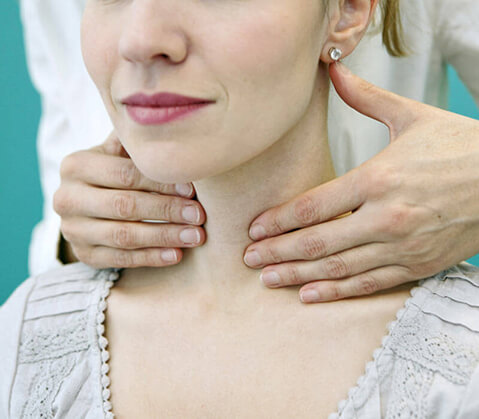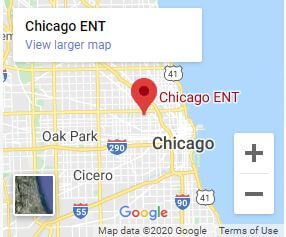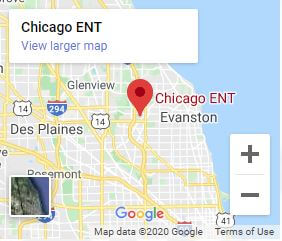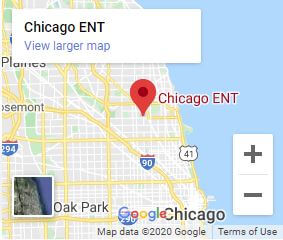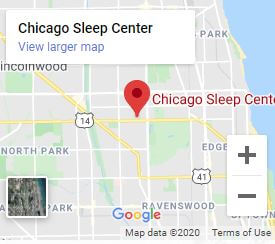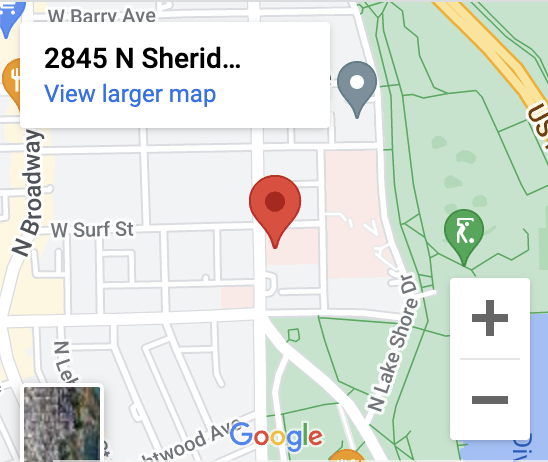Do you often experience nosebleeds while working out? These may be more common than you think.
A nosebleed, also called epistaxis, is blood loss from your nasal membrane. The nasal membrane is the thin tissue lining the inside of your nose.
Nosebleeds can occur in one or both nostrils and may be caused by different reasons. Cutting your exercise short due to nosebleeds can be inconvenient and frightening to some.
Luckily, most nosebleeds are harmless. Plus, you can end your nosebleeds and power through workouts without distractions.
Keep reading to learn more about nosebleeds, why you may be dealing with a bloody nose while working out, and what to do about nosebleeds.
How Nosebleeds Happen
Your nasal membrane has many tiny blood vessels close to its surface. If your nasal membrane becomes very dry or irritated, it can easily crack and cause the blood vessels to break and bleed, which is how nosebleeds occur.
Causes of Nosebleeds

Having a nosebleed while working out can be a result of the following:
Dry Air
Working out in dry, cold air can trigger nosebleeds, especially when cold winter weather occurs. Because cold air doesn’t hold a lot of moisture, it can cause your nasal membranes to dry out.
A dry membrane is easily damaged and can cause the blood vessels on its surface to rupture, resulting in nosebleeds. Indoor heating may also decrease the humidity in a room and make the air drier.
A decline in humidity is another reason that could lead to nosebleeds during exercise. Consider using a humidifier when working out indoors to prevent the delicate nasal membranes from drying and cracking.
Allergens
Allergens are a common cause of a bloody nose. If you exercise in an environment full of allergens, it may prompt a nosebleed.
You’ll typically inhale allergens like pollen, mold, and dust mites. Inhaling allergens causes your sinuses to swell and increases mucus production, resulting in congestion.
Congestion makes it hard to breathe. You tend to blow your nose more often when you’re congested.
However, excessive nose blowing to try and clear the congestion might dry out your nose. A dry nose can irritate your nasal membranes and expose the blood vessels, leading to a nosebleed.
At the same time, allergic reactions to allergens can dry out your nasal membranes, leaving the blood vessels that line them prone to bursting. As a result, labored breathing, a sneeze, or even a cough can cause your blood vessels to rupture and consequently lead to a nosebleed.
You can reduce your exposure to allergens when exercising outside in the following ways:
- If possible, work out with a breathable cloth or mask over your nose and mouth.
- Pay attention to the weather. Avoid exercising outside on dry, windy days, which have the highest pollen count.
- Stay away from areas thick with allergens, like places with trees, trails, and overgrown grass.
- Take antihistamines a few weeks before allergy season begins rather than waiting until symptoms start. Your ENT specialist can prescribe the best allergy medications for you.
A Surge in Blood Pressure

Regularly working out has many benefits. Being physically active can help you stay fit, improve your heart, strengthen your muscles and bones, and reduce your risk of chronic conditions.
It’s normal for your blood pressure to spike when exercising, particularly during vigorous workouts. Your muscles require more oxygen, making your heart work harder to supply enough.
If your blood pressure increases enough during a workout, it may lead to a nosebleed. Sometimes, your blood pressure may rise during exercise and stay high for a few hours, even after your workout is over.
When that happens, you might have exercise-induced hypertension. Exercise-induced hypertension increases your chances of developing high blood pressure, stroke, and other heart-related conditions.
Visit an otolaryngologist at Chicago ENT if you have recurring nosebleeds when you exercise. Seeing an otolaryngologist will help you get to the bottom of what’s causing your nosebleeds during exercise.
Trauma

Your nose has numerous blood vessels found close to the surface. Because of this, trauma to your nose can prompt a nosebleed.
You can injure your nose while working out; for instance, if you trip and fall, get hit in the face with a ball, or collide with something when exercising, you may cause trauma to your nose.
It’s always best to seek medical attention if your bleeding follows a fall or other injury to the nose.
Other Reasons for Nosebleeds
You may also get a nosebleed because of the following:
- A cold
- Nose picking
- Having a sinus infection
- Deviated septum
- Nasal polyps
- Nasal surgery
- Pregnancy
- Nasal blockage by a foreign object
- Blood thinning medications like aspirin, warfarin, and non-steroidal anti-inflammatory drugs
- Regularly using nasal sprays, which can dry out your nasal membranes
- Bleeding disorders
- Nasal tumors, although very rare
Ways to Manage Nosebleeds
Here’s what you can do the next time you get a nosebleed, including while exercising:

Don’t Panic
If you experience a nosebleed, keep calm. While nosebleeds look alarming, they’re usually easy to resolve. Another concern is the amount of blood lost with a nosebleed.
The amount of blood you lose during a nosebleed is minor and usually not enough to cause injury.
Lean Slightly Forward
It’s crucial to sit up straight and tip your head forward. Leaning back during a nosebleed can make the blood go down the back of your throat, which may cause a coughing fit. Blood going down the back of your throat can also irritate your stomach and cause vomiting.
Get Rid of Any Clots
Before attempting to stop your nosebleed, blow your nose to remove clots that could keep your blood vessels open.
Insert a Ball of Cotton
If you have a decongestant, apply a little on a cotton ball, then insert it approximately half an inch into your bleeding nostril. The cotton helps absorb any extra blood and temporarily constricts your blood vessels.
Squeeze the Soft Part of Your Nose
With the cotton in place, use your forefinger and thumb to pinch shut the fleshy part of your nose. While pinching your nose, place a cold towel or washcloth against the bridge of your nose or the back of your neck to slow bleeding and provide relief.
Use a Timer
Ensure you apply sustained pressure for 10 minutes and then remove the cotton. If the bleeding continues, squeeze again for 5 to 7 minutes to stop the bleeding.
Once the bleeding stops, apply petroleum jelly inside your nostrils to moisturize them and prevent new bleeding. The clot that forms after bleeding ceases becomes a scab. Don’t pick your nose for the next 7 to 10 days to avoid another nosebleed.
When to Head to the Emergency Room
You should seek medical attention immediately if:
- The bleeding persists after applying pressure for about 17 to 20 minutes
- You have trouble breathing
- A head injury caused the nosebleed
- You have high blood pressure
- You have a family history of clotting issues
Find a Lasting Solution for Your Nosebleeds

Occasional nosebleeds aren’t a cause for concern. But regular nosebleeds could be a sign of something more serious.
If you’re experiencing nosebleeds mid-workout more than once per week, it’s time to get help. The experienced ENT specialists at Chicago ENT can help as well as rule out other causes of what may be causing your nosebleeds.
Do you have frequent nosebleeds while working out? Schedule your appointment today at Chicago ENT at one of our five convenient locations and get the relief you need!





